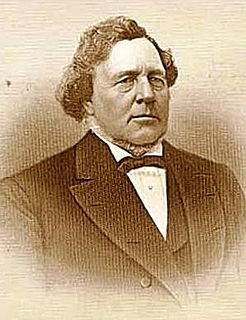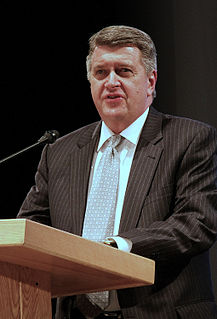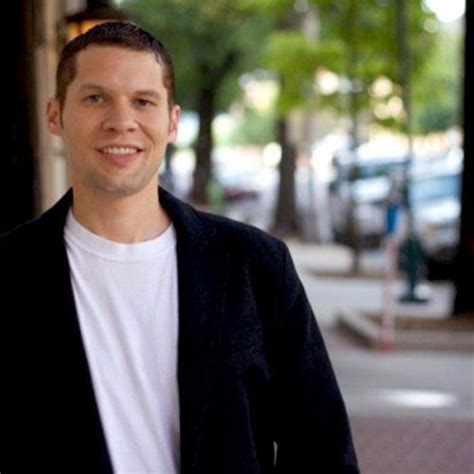A Quote by R. C. Sproul
Like Muslims we assume that God will judge us "on balance." If our good deeds outweigh our bad deeds, we will arrive safely in heaven. But, alas, if our evil deeds outweigh our good ones, we will suffer the wrath of God in hell. We may be "marred" by sin but in no wise devastated by it. We still have the ability to balance our sins with our own righteousness. This is the most monstrous lie of all.
Related Quotes
For, owners of their deeds (karma) are the beings, heirs of their deeds; their deeds are the womb from which they sprang; with their deeds they are bound up; their deeds are their refuge. Whatever deeds they do-good or evil-of such they will be the heirs. And wherever the beings spring into existence, there their deeds will ripen; and wherever their deeds ripen, there they will earn the fruits of those deeds, be it in this life, or be it in the next life, or be it in any other future life.
Behold how all those people are merchants who shun great sins and would like to be good and do good deeds in God's honour, such as fasts, vigils, prayers, and similar good deeds of all kinds. They do all these things so that our Lord may give them something, or so that God may do something dear to them. All these people are merchants.
We have God's promise that what we give will be given back many times over, so let us go forth from here and rekindle the fire of our faith. Let our wisdom be vindicated by our deeds. We are told in II Timothy that when our work is done, we can say, ``We have fought the good fight. We have finished the race. We have kept the faith.'' This is an evidence of it.
A personal relationship with God enhances life. First, it enables us to accept our limitations without being frustrated by them. It assures us that problems we can't solve are not necessarily insoluble. Second, when we need it, God offers us a sense of forgiveness, a sense of cleansing from our incompleteness. . . . Last and perhaps most important, a personal relationship with God redeems us from the fear of death. We needn't be afraid that all our good deeds will vanish when we die.
We must remember that much spiritual growth does not occur suddenly but rather through time and experience. The encouraging message of the gospel is that God does not often require us to perform sensational or extraordinary deeds but rather to try to do better today than we did yesterday. He is mindful of our desires, our determination, and our direction as well as of our deeds.
As long as you and I understand salvation as checking off a box to get to God, we will find ourselves in the meaningless sea of world religions that actually condemn the human race by exalting our supposed ability to get to God. On the other hand, when you and I realize that we are morally evil, dead in sin and deserving of God's wrath with no way out on our own, we begin to discover our desperation for Christ.
Perhaps the most difficult task for us to perform is to rely on God’s grace and God’s grace alone for our celebration. It is difficult for our pride to rest on grace. Grace is for other people—for beggars. We don’t want to live by a heavenly welfare system. We want to earn our own way and atone for our own sins. We like to think that we will go to heaven because we deserve to be there.
God values deeds according to their intentions. For it is said, "The Lord grant unto you according to your heart" (Ps. 19:5) ... Therefore, whoever wants to do something but can't is considered as having done it by God, who sees the intentions of our hearts. This applies to both good and evil deeds alike.




































